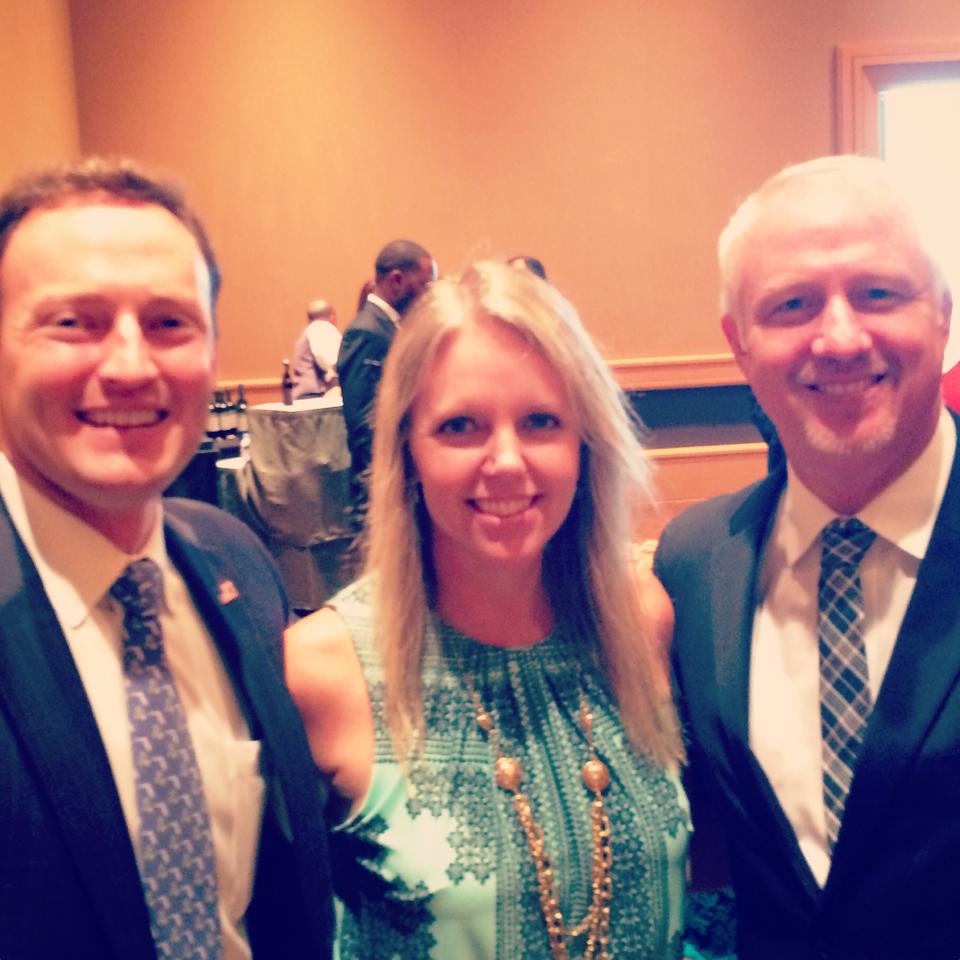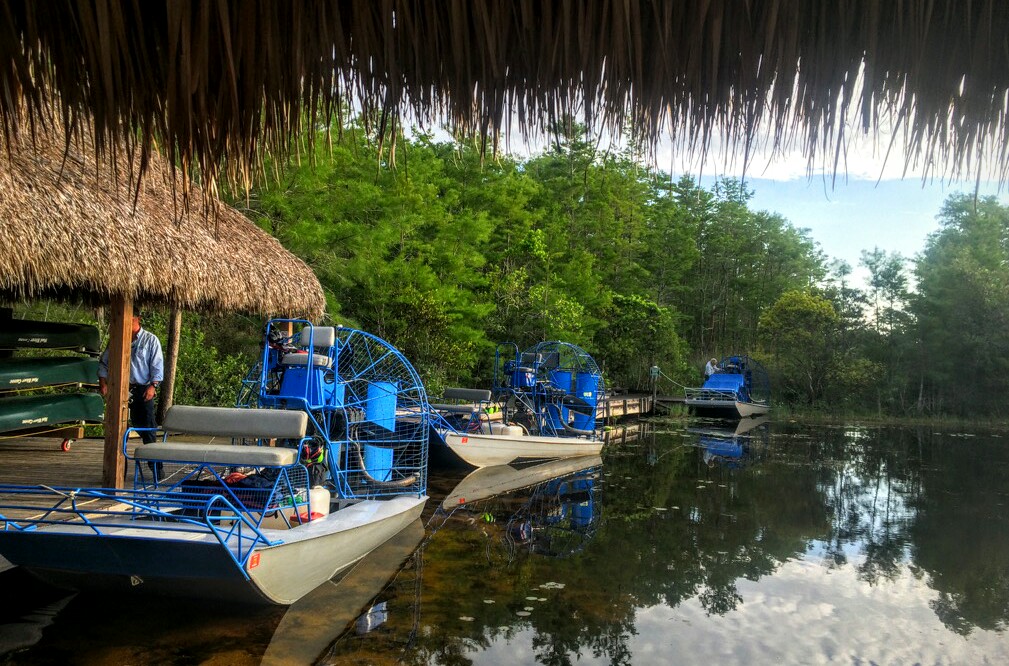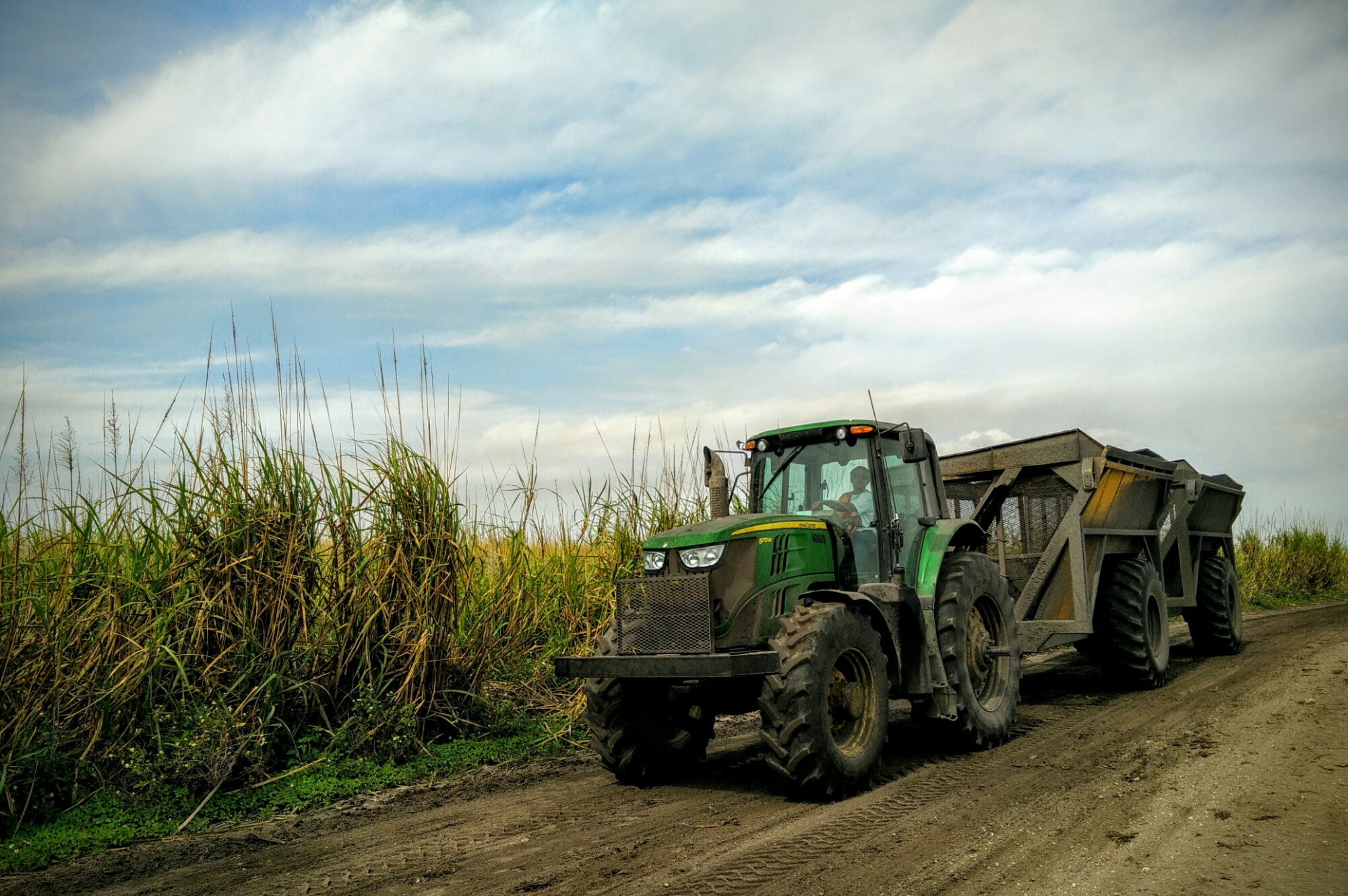On Monday, the 15th of August Barry O’Brien, sat down during his “Inside West Palm Beach” radio show to talk to County Commissioner Melissa McKinlay who represents Palm Beach County District 6.

As residents of West Palm Beach with our own commission and city politics, we don’t often have the opportunity to get insight into the workings of the County, and Barry does a great job of discussing issues that are important to us, and that give us more understanding of our massive county.
While listening to this interview, it’s important to understand that the Palm Beach County commission districts are “Single-Member Districts”. This means that unlike West Palm Beach where every voter votes for every commissioner in the City, in the County only the voters within a district vote on their commissioner. The effect of this is that each commissioner is very tuned into the needs of their constituents, and less so of the issues outside their district. Palm Beach County is 2500 square miles and District 6 is 1692 of that, so it includes the more rural Wellington through Pahokee, and a lot of agriculture lands near Lake Okeechobee, the difference of the needs of the people in District 6 from the needs of the more urban and coastal districts.
Commissioner McKinlay, who is in her first term in office, explained how she got into politics.
“I had an american government teacher in high school who got inside my head and I fell in love with the government and the process. My first election was high school class president and I’ve been doing it ever since. I worked on the staff side for senator bill nelson and have always been behind the scenes. This is my first elected office.”
[box type=”shadow”]I look at local government as the highest elected government you can have.
-Commissioner McKinlay[/box]
Impact Fees and Downtown West Palm Beach
Early on in the conversation, Barry O’Brien, a very big proponent of public transit, asked Commissioner McKinlay on a very current issue regarding impact fees. Impact fees are paid when developers build new buildings.
The way it works is that new developments are assessed a certain amount, with the theory that if you build a building that requires more county service, then you should have to pay for the impact that you’re making. In the last 11 years over $9 million was collected, but only $6 million was spent (mostly on Okeechobee and Australian BLVD widening and enhancements). The City of West Palm Beach is challenging the County of the use of these funds, due to the fact that downtown West Palm can’t build new roads or widen the roads they have, yet they still have to pay the impact fees. This money could be better used to enhance our very lacking mass transit system.
Commissioner McKinlay pointed out that even people who live downtown still make use of County roads every day. The impact fees are designated specifically for roads, and any changes to utilize this money for better mass transit will take legislative change on the county and state level. She also pointed out that much of the Gas Tax goes to pay for Mass Transit.
In a comment on the radio show’s SoundCloud page, local Walkability Guru and WalkableWPB blogger, Jesse Bailey disagreed with her assessment commented:
“I can tell you as a 10 year downtown resident I very, very rarely go west of I-95. The travel demands and patterns are much different in downtown and the historic neighborhoods compared to the sprawl west of I-95 in unincorporated PBC. Therefore, when developers pay their impact fees, they don’t see the benefits, and instead the money is used to widen and expand roads which those living in traditional, more urban neighborhoods will rarely use.” Jesse Bailey continues ” The money spent from downtown projects doesn’t benefit eastern residents. Why? Because the congestion is caused by regional travel demand from suburban commuters, who clog roads at rush hour. Road expansions don’t help the downtowner going out of downtown ONE IOTA because the roads aren’t congested to begin with. Really specious argument from McKinlay and I’m disappointed to hear it. If we are really about preserving our environment and fighting against Minto West, she needs to realize road expansions are the enabler of these projects.”
The extension of State Road 7
Another timely issue that was discussed was the extension of State Road 7, which runs alongside the City’s water catchment Area, the Grassy Waters Preserves. The City of West Palm Beach fiercely opposes, but Commissioner McKinlay supports.
“I have respect for Mayor Muoio and I agree with her on 99% of the issues, but this one is contentions. This isn’t a county project, so no impact fees will go to it, this is the state of Florida and they have made it one of their priorities. We need State Road 7 and this road has been in the plans since I was a year old. We can work with the state to reduce impact. We can put medians in with trees, and we can restrict it from being a truck route.” The Commissioner continued “The City of West Palm Beach is sueing and trying to block a permit from being issued – if the state of FL is successful in getting a permit from the Water Management District, then regardless of what legal stops the City tries to make then the State can put a shovel in the ground and start building.”

Green Algae and Big Agriculture
This enlightening conversation ended with a discussion on the green algae which appeared everywhere between the Intracoastal Waterway, to Lake Okeechobee. A lot of blame was put at the feet of “Big Sugar” and Commissioner McKinlay first stressed that the fact that the water is safe, and there are no concerns about our drinking water, then she addressed the issue with Florida sugar and other farmers directly.
“We can’t push agriculture out of the County – it’s a 3 billion industry. We are the fifth largest agricultural county in the nation. If you want to enjoy your vegetables, and don’t want to buy locally grown produce at the green market and not import everything from mexico then we have to sit down at the table and work together on this.”

A lot more was covered in the interview. Listen to the complete interview between Barry O’Brien and Commissioner McKinlay here.